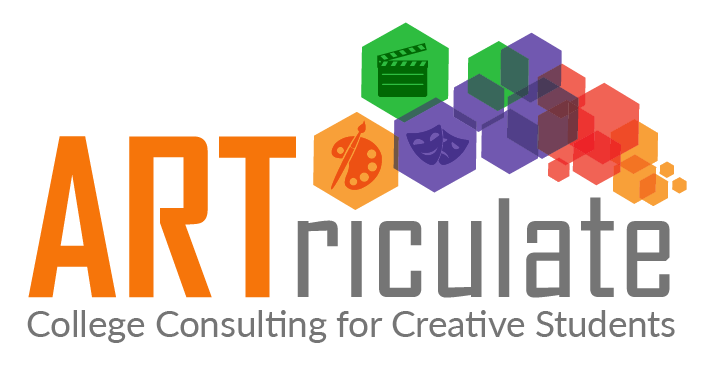College Visits, make the most of them!
We strongly recommend visiting colleges in person provides so you can really discover the vibe of the campus and it’s surrounding community. College is more than academics and sometimes it is the intangible feel of a school that sets it apart and puts it on your college list. Additionally, some colleges put a high premium on “demonstrated interest” (Common Data Set section C7, we outline the Common Data Set here) and value that personal attention that you give them. Here are some pointers for having an informative and productive visit.
Do your research before you go. Take the virtual tours, attend online information sessions, research the departments or facilities you want to see in person, and write down any questions you want to ask either admissions or your tour guide. Find the most current supplemental prompts if the school uses them and try and find the your responses while you tour.
Sign up for a tour. Make sure if you’re interested in specific areas, such as film, performance, visual arts, etc that you confirm that your tour will include those programs. For some schools you may need to sign up for both a general tour and an art program tour.
Ask if there is a portfolio review. For visual artists this is a great opportunity to meet face to face with admissions, have a portfolio review and ask questions about the program. This is big demonstrated interest! You can show your art on a laptop or tablet just take time to curate and organize your work in advance so you aren't flipping through work you don't want to show.
Dress for a walk. Some campuses are quite spread out, you'll know this from your virtual tour, so make sure to wear comfortable shoes and clothing (there's no need to wear fancy clothes just make sure to be clean and neat, first impressions count), bring water and a snack as some tours are an hour or more, and bring a mask just in case they are required inside.
Take notes. This is really important, if you're visiting multiple campuses they will all start to blend together. Take notes and take lots of pictures, I always take pictures of notice boards to see the current campus issues, clubs, performances, and meetings. Write down questions during the tour as often there is an informal opportunity to talk to admissions afterwards. Get the contact information for your regional admissions representative, if you ever have questions during the application process this is the person who can best help you.
Allow time to explore before or after the tour. Tours are great, but afterwards you might want to revisit facilities, stop at the bookstore or cafe and talk to students, see the art gallery or performance space, or visit the library. If you run into a professor or student they are usually more than happy to chat with you and show you around. Make use of their generosity, most love their schools and love to talk about them. Collect any newspapers you might see on campus, they provide a wealth of information about the social and cultural aspects of the community, and you might find something to discuss in their supplemental essays.
After your visit. Take some time to reflect on the tour, conversations, facilities and overall campus feel and write some notes. If you have any questions send a quick note to your regional admissions representative and start the conversation with them, they will be more than happy to answer.
Questions to think about and ask if you don't know the answer.
For the Admissions Counselor:
What types of financial aid are available? How do I qualify?
Will my AP or IB credits be accepted, and what scores do I need to have?
Are there any deadlines for merit scholarships or honors colleges?
What are the study abroad options for my intended major?
For your Tour Guide or a General Student:
Why did you choose this school?
What’s campus life like? What do students do for fun? On the weekends?
Is it difficult to get into popular or required classes?
What are some of the best classes? professors?
If you can take classes at a nearby college, how easy is it to really do that?
What’s your favorite thing about this college? Your least favorite?
What are some popular clubs or activities?
Is it easy to get to know new people?
For Visual Arts Students:
When do I have to declare my major?
When and what type of studio space do I get?
What hours are the studios open?
How much do materials typically cost (for my major)?
Can students minor/major outside the arts?
For Performing Art Students:
When can I begin to audition for school performances?
How much rehearsal time can I expect outside of class?
How much time is required as stage crew?
Are student performances well attended and supported by the community?
Does the school help secure summer-stock roles/positions?
For Film Students:
How much collaboration is there between students?
Are the production studios and equipment state of the art?
Is equipment readily available?
Are internships easy to find?
What is different about this program that I might not already know?
Need more information or help preparing for your campus tour? schedule an appointment to meet with us.
